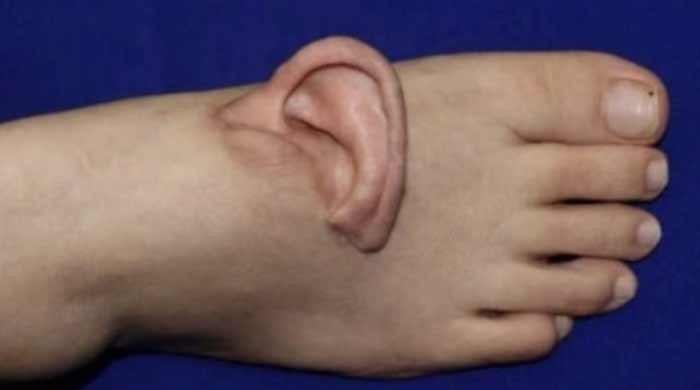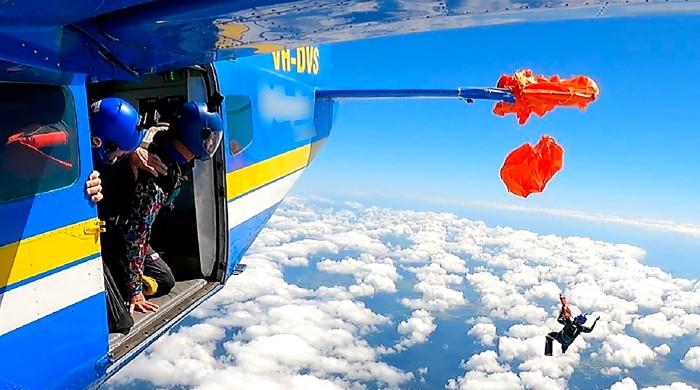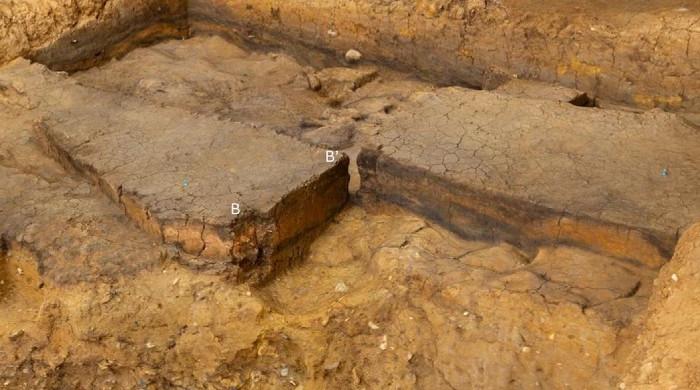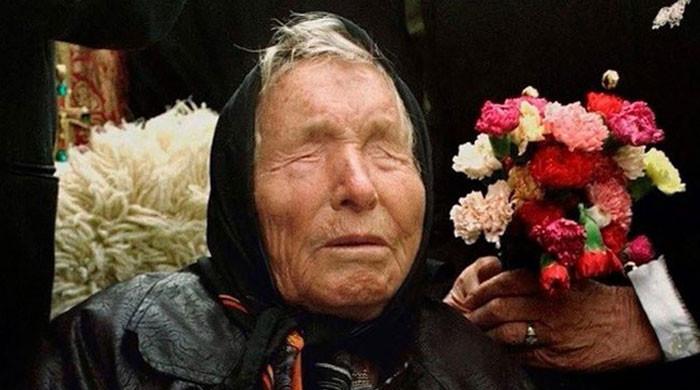Croatian village gives shelter to abandoned bears
There are currently nine resident bears, mostly named after their human rescuers
October 31, 2017
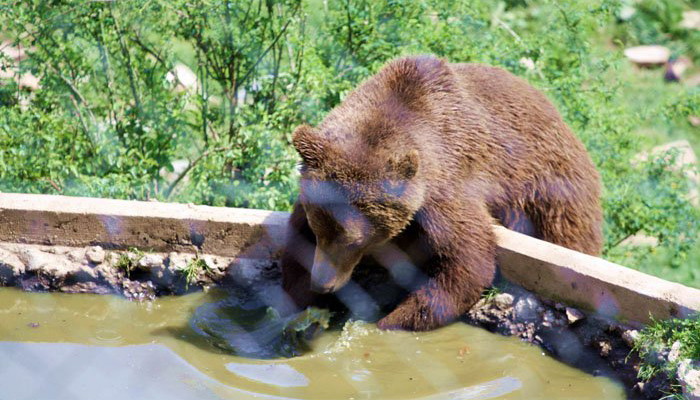
KUTEREVO: Orphaned, abandoned or abused Croatia's brown bears that are unable to survive in the wild are finding a new home in the country’s only sanctuary for the furry natives.
Up to 1,000 bears are estimated to live in the southeastern European country, particularly in the central forested areas of Gorski Kotar and Lika.
Although they are a protected species, Croatian authorities allow the hunting of around 100 bears each year.
“Our goal was to provide refuge for cubs who lost their mothers, were abandoned or due to any other reason could not function alone in the wild,” said Ivan Crnkovic-Pavenka, 71, who set up the sanctuary in 2002.
A cub found by children in a rain-swollen river was the first resident of the shelter in the picturesque village of Kuterevo, which sits in the foothills of the Velebit mountain range in central Croatia.
Crnkovic-Pavenka says it can be a problem when people take home cubs found in the wild —there is a period of “cuddles with these velvety little creatures” but the bears have to be killed when they start to bite and scratch.
Instead, the animals at the sanctuary, all of them sterilised, are divided by age into three open-air spaces totalling 2.5 hectares (6.1 acres) and surrounded by electric fencing.
So far the refuge has hosted 15 bears, some of whom were eventually re-released into the wild.
Among them was Luka Gora, who “used to climb a tree and spend the whole night there whining”. Another female bear escaped with a wild bear who, attracted by her scent, managed to enter the shelter.
From neglect to new life
There are currently nine resident bears, mostly named after their human rescuers and the place where they were found.
Six-year-old Mlada Gora, who likes to eat nuts and sunflowers, lost her mother to hunters and came to the shelter as a cub of five months after she was found searching for food next to a busy highway.
The oldest bear, 34-year-old Mirna, is also the smallest due to earlier neglect: she was kept in a tiny concrete cage at a zoo on the Adriatic coast which was closed down in 2015.
Brown bears can live up to the age of 40, but hunting has brought their average age in the Croatian wild down to between four and eight years. The number of those killed by vehicles is also increasing.
Around 20,000 visitors are attracted to the sanctuary each year and the brown bear has become the symbol of the local village, Kuterevo.
Entry is free and the shelter survives on donations and the work of around 300 volunteers a year.
“The bears brought new life here,” said 84-year-old local resident Dragica Biondic.





